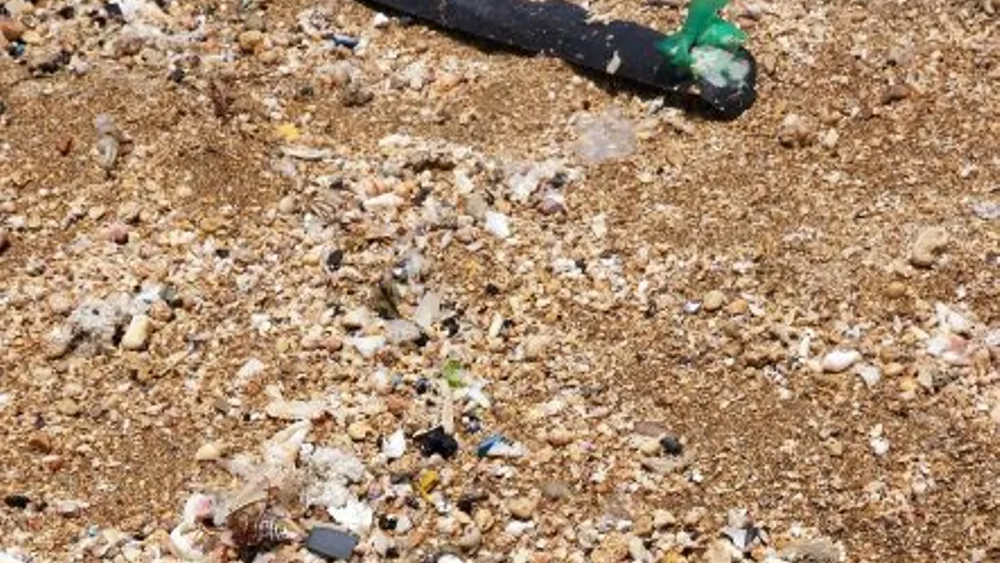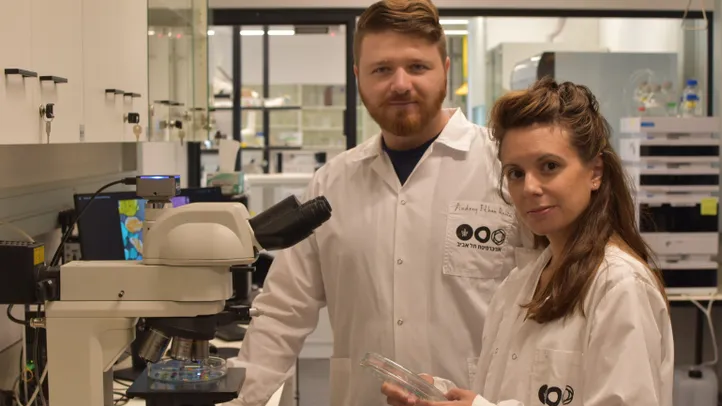Researchers are warning of "inevitable" exposure to microplastics on Israeli beaches after a Tel Aviv University (TAU) study found more than two tons of the tiny particles.
Samples were collected from six beaches up and down the Mediterranean coastline, with the most polluted beaches being Tel Aviv and Hadera.
The TAU study was published in the scientific journal Marine Pollution Bulletin. It was conducted in collaboration with the Mediterranean Sea Research Center of Israel.
Following the study, the researchers warned that human exposure to microplastics was unavoidable given the high levels found. Microplastics are shown to be harmful to health and the environment. The plastic particles that drift into the sea can be swallowed by fish and eventually reach humans.
The sources of the plastic pollution in Israel include food packaging, single-use plastic products and fishing nets.
“It was interesting to see that plastics of terrestrial origin, such as food packaging, were more dominant than plastics of marine origin, such as fishing nets,” said Andrey Ethan Rubin, a doctoral student who co-led the study. “This indicates a need for better regulation of coastal waste.”
The study was also led by master’s student Limor Omeysi from the laboratory of Dr. Ines Zucker of the Fleischman Faculty of Engineering and the Porter School of the Environment and Earth Sciences.
Dr. Zucker also called for more regulatory measures "to reduce Israel’s contribution to microplastic pollution in the Mediterranean."



